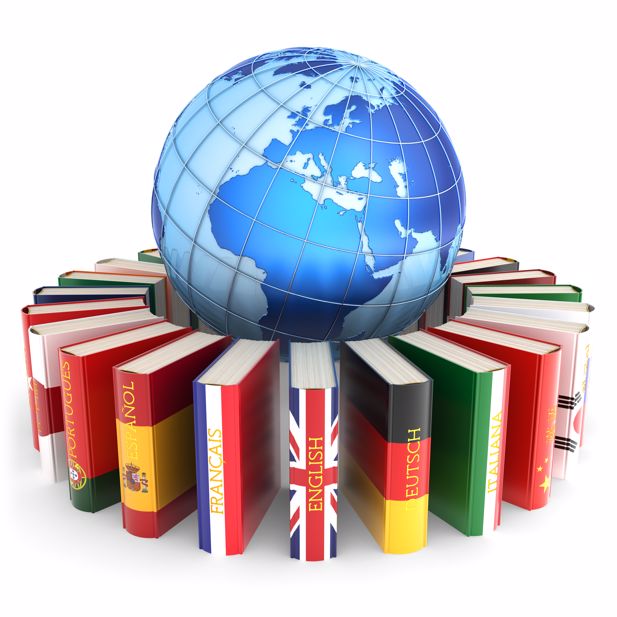Translating Legal Cultures: Issues of Legal Translation in a Globalized World
- Dates
- Friday 23 September 2016 (09:30-16:00)
- Contact
To register to attend this workshop please email Sue Gilligan
 The translation of legal documents has been considered important since the Egyptian-Hittite Treaty of c. 1259BC, however in today’s globalized world, legal translation permeates many aspects of our daily lives and is more important than ever. The intense process of globalization in the latter half of the 20th century has led to a rapid increase in the production of international treaties and agreements, the creation of international courts as well as a reliance on international arbitration. Much of this globalized legal work is performed through translation. Legal translation is also vital for the work of international organizations such as the United Nations and International NGOs. Furthermore, the growth of regional governance in many parts of the world (such as the European Union, which has 24 official languages) would not be possible without legal translation. In spite of its long history and recent proliferation, the field of legal translation remains largely underexplored.
The translation of legal documents has been considered important since the Egyptian-Hittite Treaty of c. 1259BC, however in today’s globalized world, legal translation permeates many aspects of our daily lives and is more important than ever. The intense process of globalization in the latter half of the 20th century has led to a rapid increase in the production of international treaties and agreements, the creation of international courts as well as a reliance on international arbitration. Much of this globalized legal work is performed through translation. Legal translation is also vital for the work of international organizations such as the United Nations and International NGOs. Furthermore, the growth of regional governance in many parts of the world (such as the European Union, which has 24 official languages) would not be possible without legal translation. In spite of its long history and recent proliferation, the field of legal translation remains largely underexplored.
With some exceptions, most work on legal translation today considers it to be part of ‘special-purpose’ translation and deals mainly with terminological problems. While the migration of ‘translated’ legal concepts and cultures is not a new phenomenon in the field of law, the implication of such movements in an era of globalization would benefit from a more thorough investigation. – as recently reiterated by the European Commission’s Ingemar Strandvik at a conference on ‘Translating and interpreting in multilingual contexts’ at Aston University. However, a strictly legal analysis is not sufficient to provide useful answers for the study of these phenomena. Consequently, the issue of legal translation must be studied in an interdisciplinary manner so as to use the scientific tools, the research models and the conceptual frameworks that have been developed in related disciplines, such as linguistics, translation studies, psycho-linguistics, history etc. A concerted inter-disciplinary effort will provide the necessary knowledge and analysis for the both the providers and the end-users of these translations; this will enable researchers to construct analytical tools, to understand and map the use and sometimes the misuse of these translations, thereby providing the providers and end-users of such translations with the knowledge and analysis to improve translation practices, which will necessarily impact such things as inter/supranational governance and access to justice.
Workshop Leaders: Dr Sophie Boyron, Aleksandra Cavoski and Karen McAuliffe